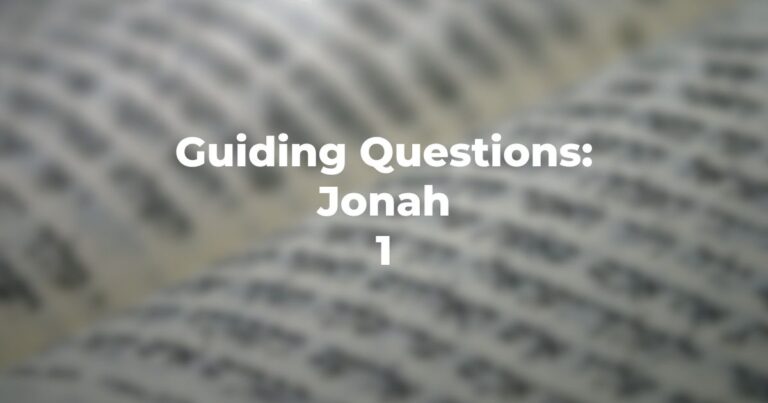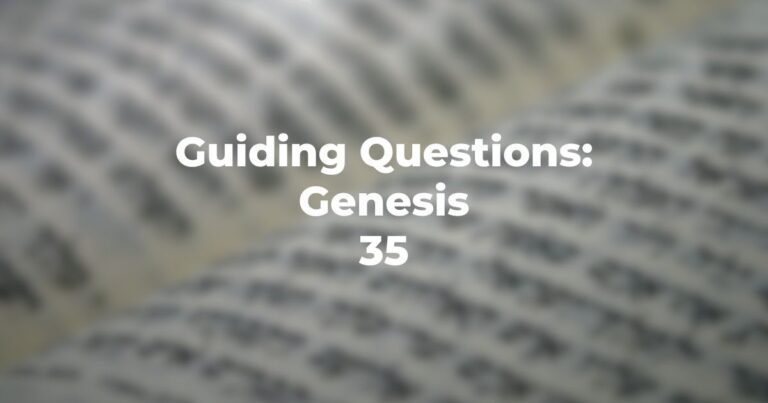- What is the relationship between the vesting of the Kohanim with their responsibility and the location of same (Exodus 29:4)?
- What does the anointing with oil signify (Exodus 29:7)?
- In Exodus 29:27-28 how does the “perpetual portion” assigned to the Kohen relate to the economic position of the Kohen (i.e. does he receive a “salary”; does he have property; and is he considered as one of the “tribes”)?
- In Exodus 29:33 what is a “zar” — and why can he not partake of that which is “kodesh” since it is unique for whom?
- What is the “atonement” (Exodus 29:36), for what transgression, past or anticipated?
- What is meant by (Exodus 29:37) “whoever touches the altar will become kadosh?”
- In Exodus 29:42, where will Divinity communicate with the Israelites? How does this verse stress that communication is with all B’nai Yisrael — or is it via some individual representing them?
- What is meant by “I will dwell in the midst of B’nai Yisrael” (Exodus 29:45) — to be taken literally or as “a presence,” a “Shekhinah”?
- Why, then, were B’nai Yisrael taken out of Egypt — what is the central purpose?
Author
-

Exploring Judaism is the digital home for Conservative/Masorti Judaism, embracing the beauty and complexity of Judaism, and our personal search for meaning, learning, and connecting. Our goal is to create content based on three core framing: Meaning-Making (Why?), Practical Living (How?), and Explainers (What?).
View all posts




